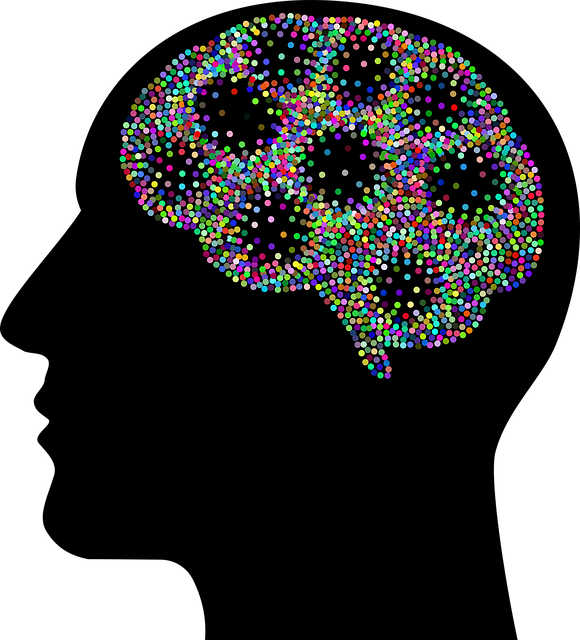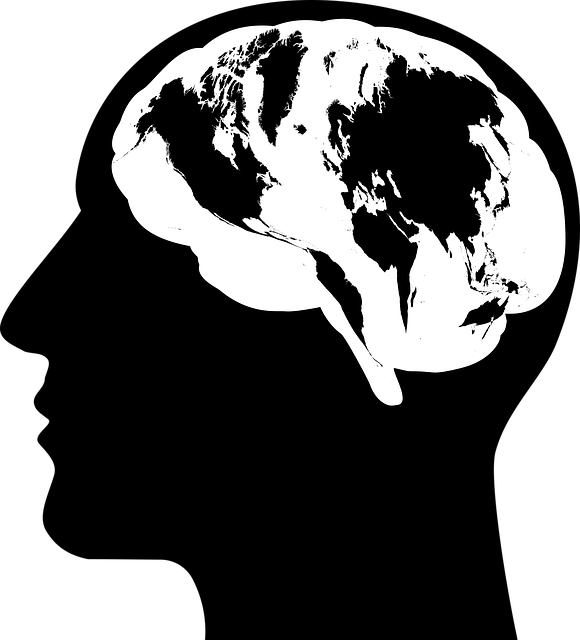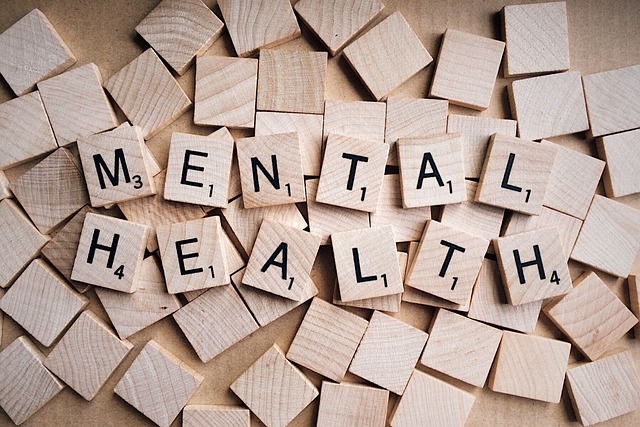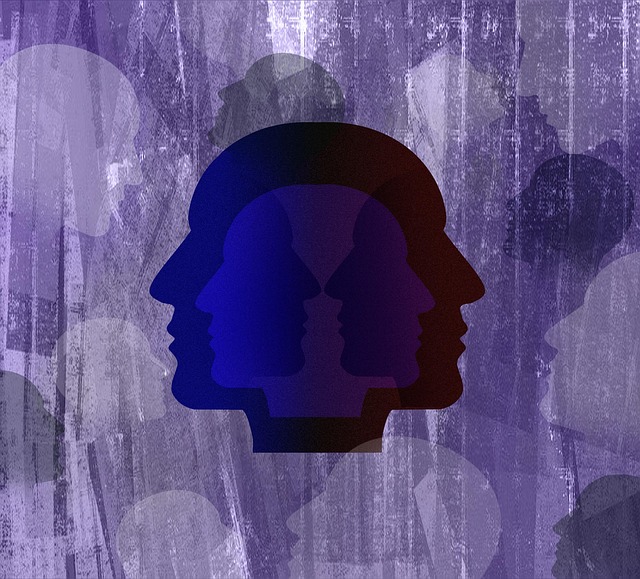Mental healthcare professionals must prioritize cultural sensitivity in therapy for young children with suicide prevention as a key factor for effective treatment. Respecting diverse backgrounds, including ethnicity, religion, and socio-economic factors, involves self-awareness exercises, cultural competency training, tailored therapy approaches, and encouraging self-care routines. Integrating these practices creates safe spaces that foster trust and open communication, enhancing therapeutic outcomes while respecting cultural contexts. Adaption is crucial as cultural beliefs influence emotional expression and help-seeking behaviors, requiring personalized techniques like mindfulness meditation. This culturally sensitive approach not only benefits individuals but also guides public awareness campaigns, ultimately improving mental health outcomes for young individuals at risk.
In today’s diverse society, cultural sensitivity is paramount in mental healthcare. Understanding cultural diversity impacts therapy outcomes, especially for young children and suicide prevention strategies. This article delves into the significance of cultural sensitivity, exploring its effects on young children’s therapy and suicide prevention approaches. We discuss ethical considerations in cross-cultural practice and present a comprehensive framework to enhance services for diverse communities. Key topics include navigating cultural nuances, tailoring interventions, and fostering inclusive care.
- Understanding Cultural Diversity in Mental Healthcare
- The Impact of Cultural Sensitivity on Young Children's Therapy
- Suicide Prevention Strategies Considering Cultural Context
- Ethical Considerations in Cross-Cultural Mental Health Practice
- Enhancing Services for Diverse Communities: A Comprehensive Approach
Understanding Cultural Diversity in Mental Healthcare

In today’s diverse society, mental healthcare professionals must embrace cultural sensitivity to provide effective treatment. Cultural diversity in therapy encompasses a wide range of factors, including ethnicity, religion, language, and socio-economic backgrounds. Each of these dimensions can shape an individual’s experience of mental health and their response to treatments. For instance, a young child from a minority ethnic group may exhibit different symptoms of anxiety or depression compared to their peers due to systemic barriers they face. Understanding these nuances is vital for breaking down cultural barriers in mental healthcare.
Professionals should engage in self-awareness exercises to recognize their own biases and assumptions. This introspection, coupled with ongoing training on cultural competency, enables them to tailor therapy for young children from diverse backgrounds, including those at risk of suicide prevention. Incorporating practices such as trauma support services and encouraging the development of a self-care routine can be instrumental in fostering trust and meaningful engagement. By integrating self-awareness exercises and trauma-informed care, mental healthcare providers can create a safe space that respects individual cultural contexts, ultimately enhancing therapeutic outcomes.
The Impact of Cultural Sensitivity on Young Children's Therapy

Cultural sensitivity plays a pivotal role in therapy for young children, significantly impacting their mental wellness and overall healing process. When therapists tailor their approach to respect and incorporate the child’s cultural background, it fosters trust and creates a safe space for open communication. This is particularly crucial in addressing complex issues like suicide prevention, as cultural beliefs and practices can greatly influence a child’s perception of emotional distress and help-seeking behaviors.
For instance, mindfulness meditation techniques that have gained popularity worldwide may not resonate with all cultures. Therapists must be adept at adapting these practices to align with the child’s cultural identity, ensuring that activities like breathing exercises or visualization scenarios are meaningful and relevant to their experiences. This personalized approach not only enhances therapy effectiveness but also contributes to the development of public awareness campaigns that resonate deeply with diverse communities, ultimately promoting better mental health outcomes for young individuals.
Suicide Prevention Strategies Considering Cultural Context

When addressing suicide prevention in mental healthcare, it’s crucial to consider cultural contexts and tailor strategies accordingly. Different communities hold unique beliefs and values that influence how they perceive and respond to mental health issues, including suicidal ideation. For instance, some cultures may express distress through indirect means or have specific rituals for coping with emotional pain. Therapists working with young children from diverse backgrounds must be attuned to these nuances, ensuring that suicide prevention efforts are culturally sensitive and effective.
Incorporating burnout prevention strategies for healthcare providers is also essential in this context. Emotional intelligence plays a pivotal role in facilitating safe spaces for vulnerable individuals. Through cultivating emotional intelligence, therapists can enhance their ability to understand and respond to the complex emotional healing processes inherent in various cultural frameworks. This approach not only supports the well-being of healthcare providers but also strengthens their capacity to deliver culturally responsive therapy for young children at risk of suicide.
Ethical Considerations in Cross-Cultural Mental Health Practice

In the realm of mental healthcare, cultural sensitivity is paramount to ensuring effective treatment and support for individuals from diverse backgrounds. When navigating cross-cultural therapy, ethical considerations come to the forefront. Mental health professionals must recognize and respect the unique values, beliefs, and traditions of their clients, especially when working with young children and vulnerable populations. For instance, in communities with strong familial bonds, involving parents or guardians in therapy sessions may be essential for building trust and fostering a supportive environment.
The ethical challenge extends to suicide prevention strategies, which must be adapted to suit cultural contexts. What works in one culture might not be culturally sensitive enough for another. Therefore, professionals should engage in ongoing mental health policy analysis and advocacy to stay informed about diverse communities’ specific needs. Additionally, designing comprehensive mental health education programs that cater to these nuances can help reduce risks and improve outcomes. Effective risk management planning for mental health professionals involves being attuned to cultural differences, ensuring every patient receives the most suitable care tailored to their background.
Enhancing Services for Diverse Communities: A Comprehensive Approach

In an increasingly diverse society, mental healthcare practices must evolve to meet the unique needs of various cultural communities. Enhancing services for diverse populations requires a comprehensive approach that goes beyond language translation. It involves understanding and incorporating cultural beliefs, values, and traditions into therapy sessions to create a safe and inclusive environment. For instance, when working with young children from different backgrounds, therapists can adapt play therapy techniques to address specific cultural fears or anxieties, ensuring effective anxiety relief while respecting their heritage.
This holistic strategy is crucial for areas like suicide prevention, where cultural sensitivity can significantly impact outcomes. By tailoring interventions to align with the emotional healing processes valued within diverse communities, mental health professionals can foster better connections and encourage open communication. Such an approach not only enhances therapy effectiveness but also promotes mental wellness by ensuring culturally responsive care that respects individual identities and contributes to overall well-being.
Incorporating cultural sensitivity into mental healthcare practice is no longer a consideration, but an imperative. As our communities become increasingly diverse, understanding cultural nuances is vital to providing effective therapy for young children and ensuring successful suicide prevention strategies. Ethical guidelines must be carefully navigated to serve diverse populations equitably. By adopting a comprehensive approach that respects and embraces cultural diversity, mental health professionals can enhance services and foster better outcomes for all individuals, regardless of their background.














